 |
ProfessorInstitute for the Oceans and Fisheries |
Contact Information
Email: e.pakhomov@oceans.ubc.ca
Office phone: 604-827-5564
Web page: biography
Research Unit
Marine Zooplankton and Micronekton Laboratory
Research Interests
Dr. Pakhomov is a biological oceanographer focusing on species ecology ranging from zooplankton to fish, incorporating ecosystem structure, physical-biological and biochemical coupling. More recently he has dabbled in stable isotope ecology as well as the variability and responses of marine ecosystems to climate change.
Publications
Publications: Click here
Related stories:
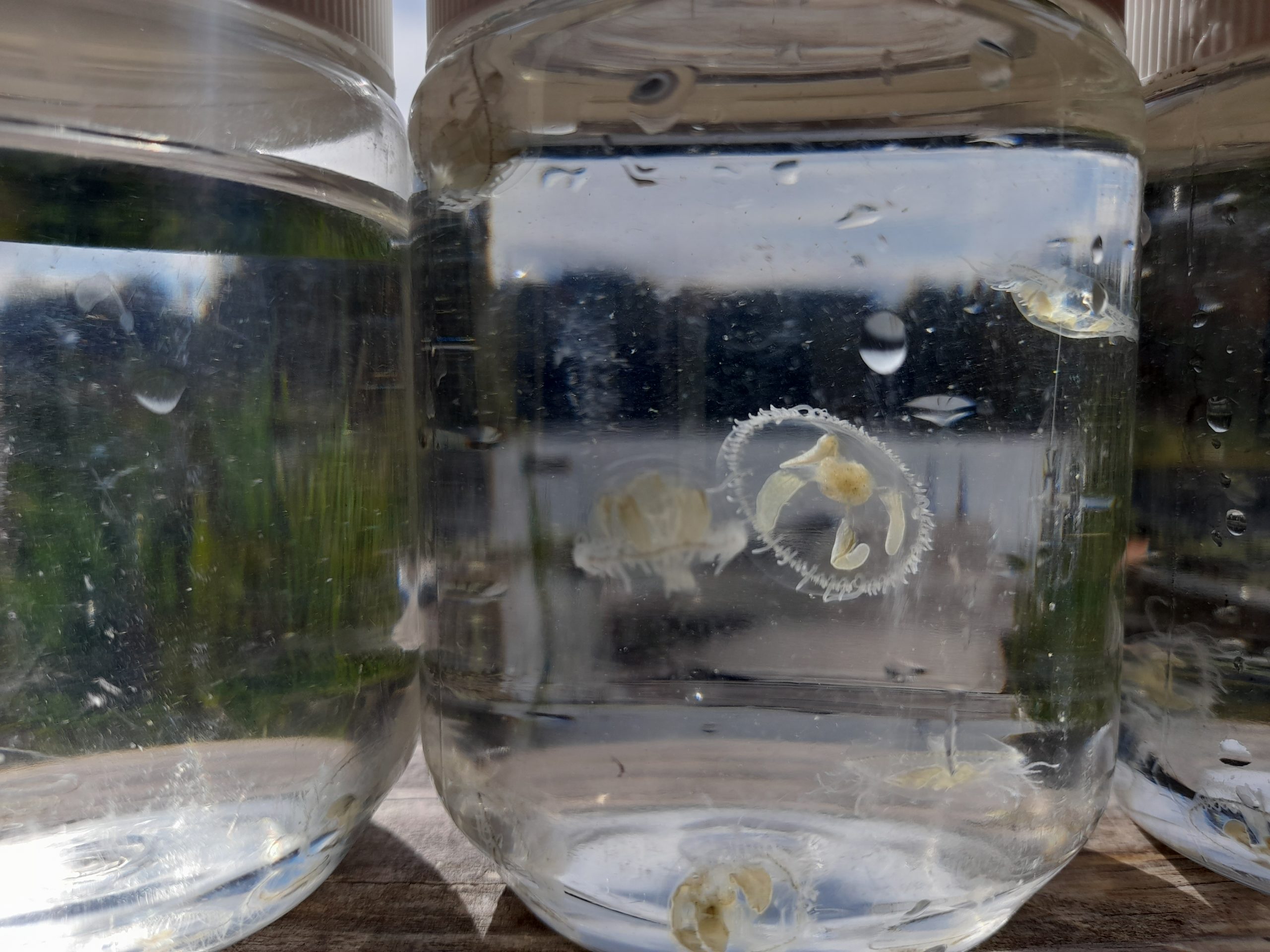
An invasive, freshwater jellyfish is popping up in B.C. waters in the thousands - up to 34 places so far - and future sightings could increase rapidly by the end of the decade as climate change extends this range.

On August 25, 2023, members of the IOF community met with a delegation from the U.S. Consulate General Vancouver.
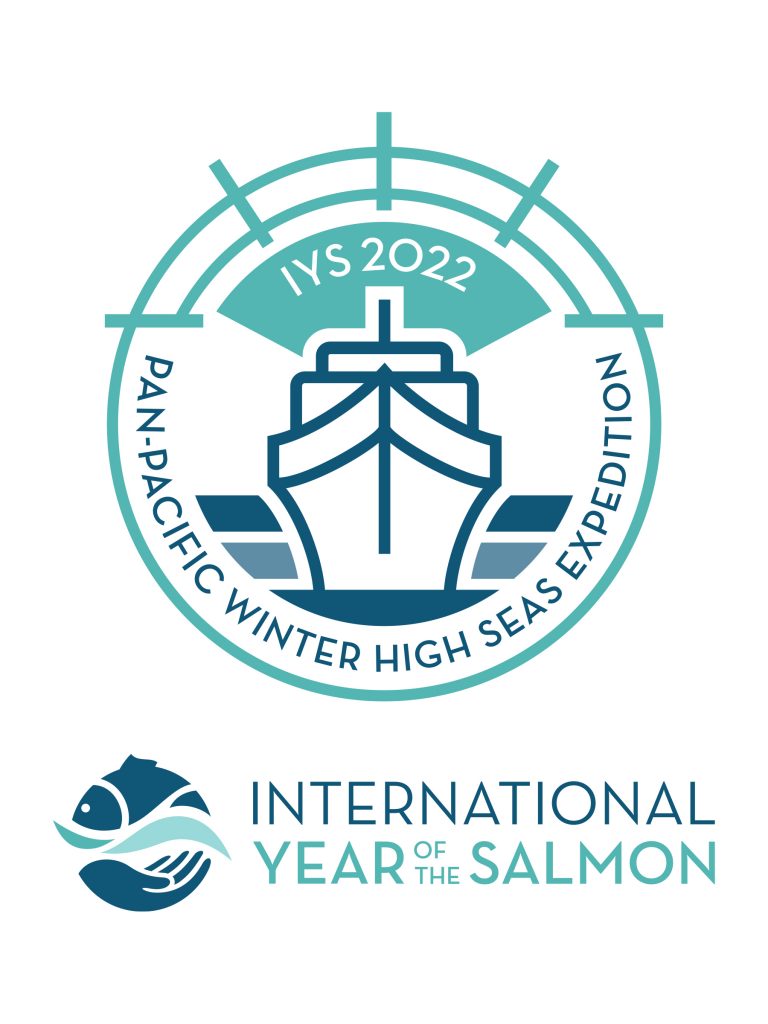
The third International Year of the Salmon Pan-Pacific Winter High Seas Expedition will continue to answer questions about a crucial salmon life stage that is poorly understood
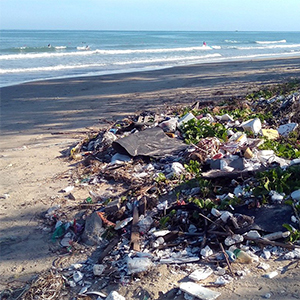
"Anthropogenic stressors are reshaping our ocean – it’s not the same ocean we had 30 or 40 years ago. As academics we need to provide solutions, not just answers to questions."
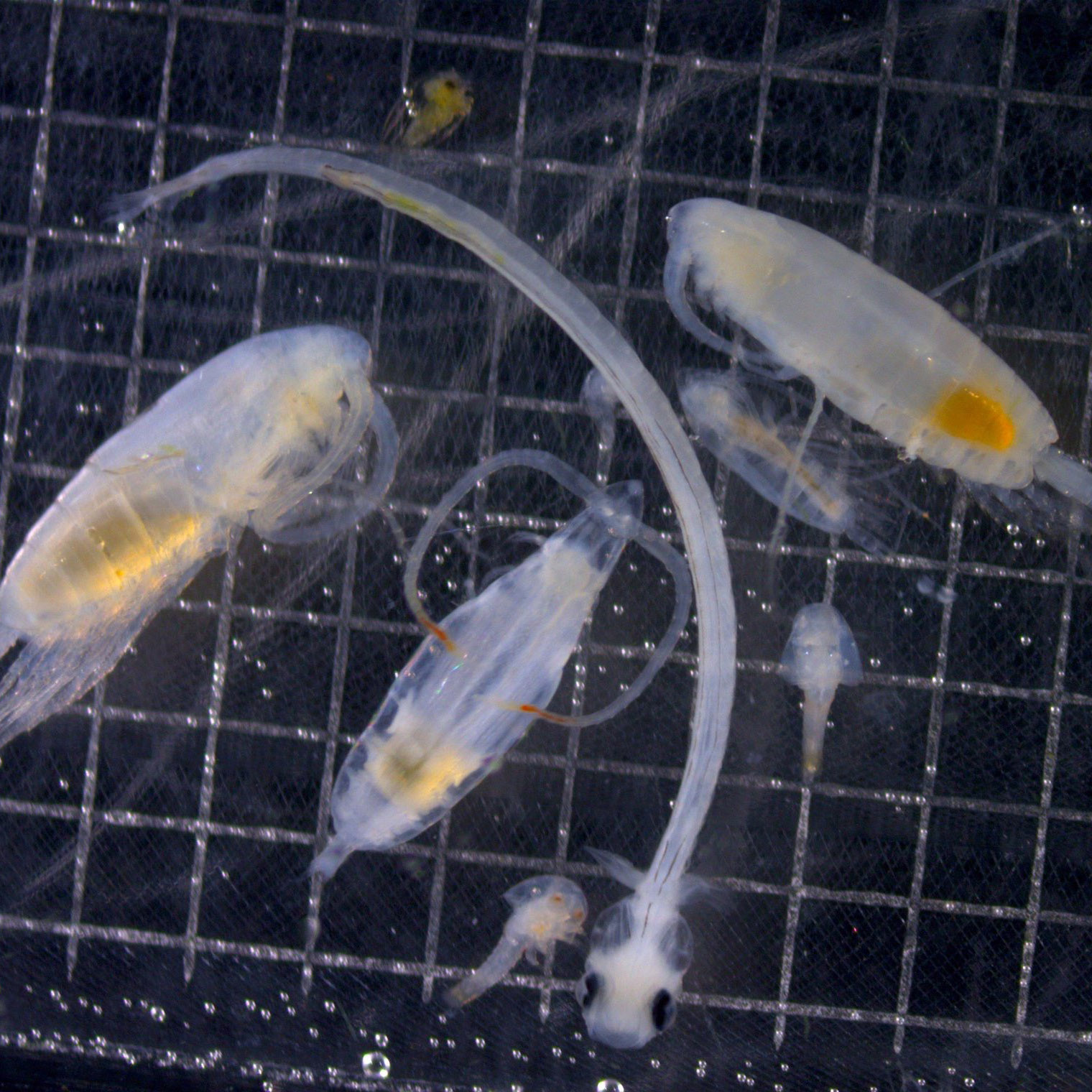
Zooplankton communities are profoundly shaped by BC's complicated coastlines, creating a mosaic of foraging conditions for the juvenile salmon that depend on them for sustenance.
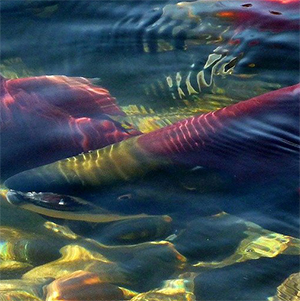
Knowing where different salmon stocks forage will be essential for identifying the unique environmental threats they will face as oceans become more inhospitable due to climate change and other cumulative impacts.

The database fill gaps in scientists’ understanding of the late marine phase of the salmon life cycle
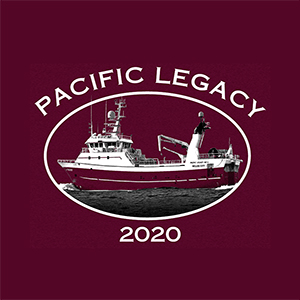
A second research expedition to study the winter ecology of salmon in the Gulf of Alaska is underway.
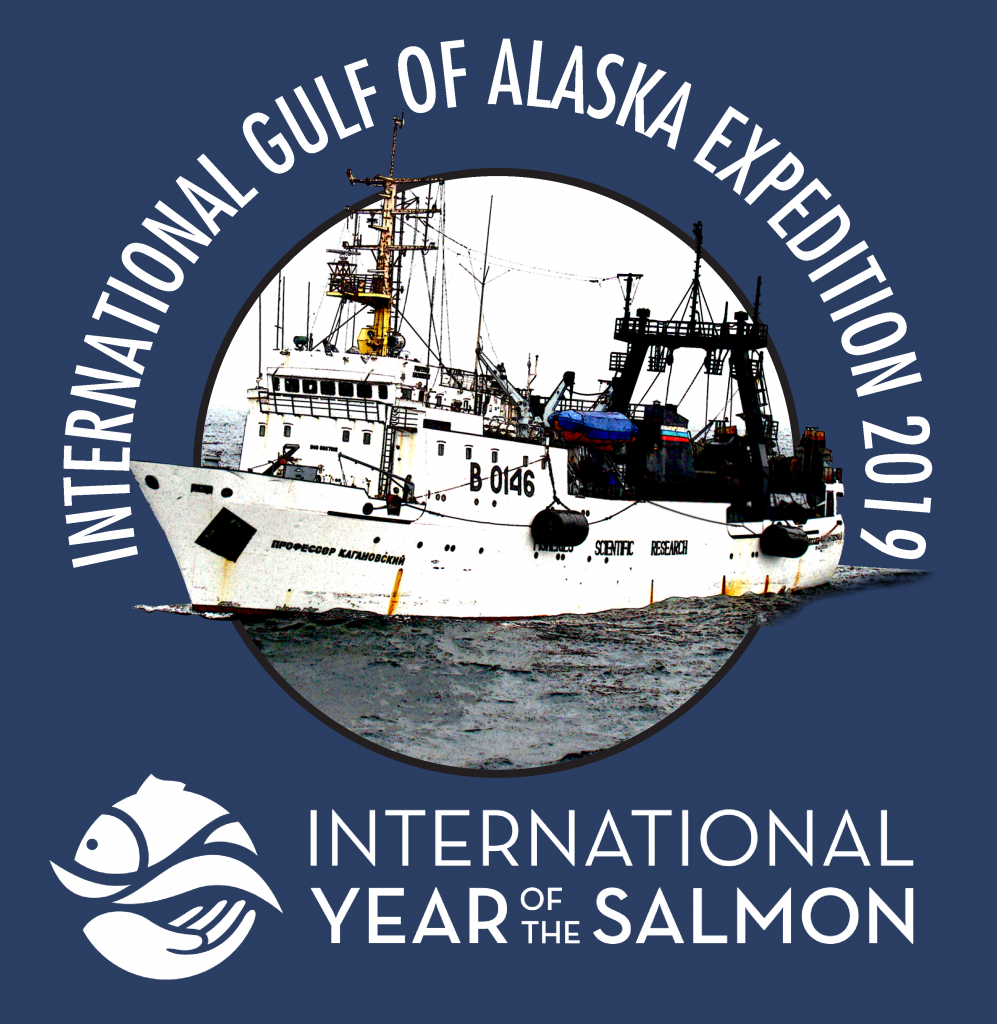
The IOF has two faculty members on board this international salmon research voyage to the Gulf of Alaska
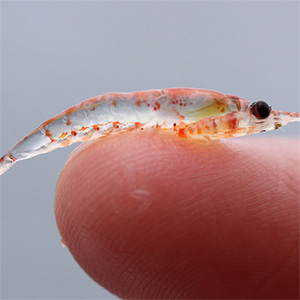
"Krill is perhaps the largest fishing resource in the world’s oceans.”